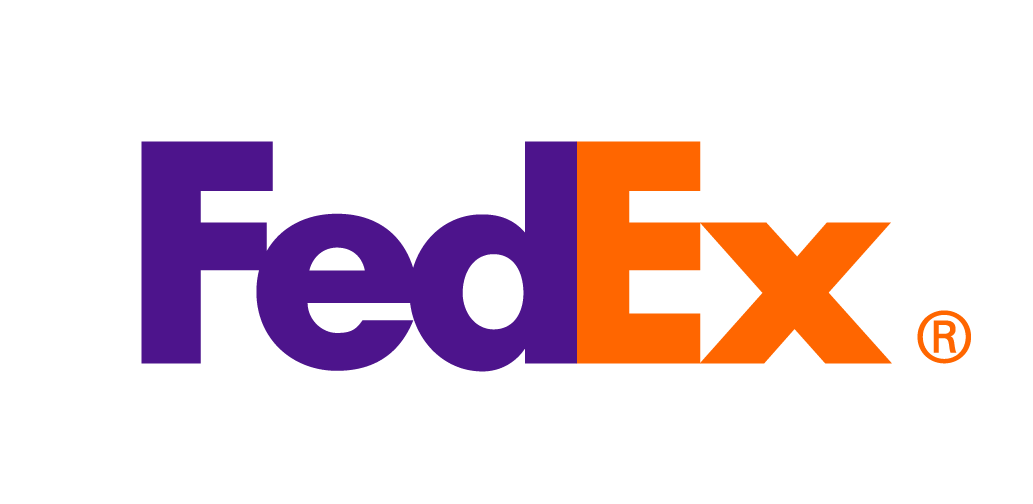
Applying for small business grants helps your company access funding without taking on debt. You can apply for local, state, federal, and corporate grants. However, you’re unlikely to be successful without a strong proposal — here are the best practices to be aware of.
[Read more: 22 Grants, Loans, and Programs to Benefit Your Small Business]
What to consider before writing a grant application
A strong small business grant proposal is clear and organized, and it explains why your business should receive the funds. So before you start writing, you should get clear on the following:
- Your audience: The first step is to learn more about the institution offering the grant. What are their goals, values, and objectives? When you understand what your audience is looking for, you’ll be better able to explain why your company is a good fit.
- The minimum requirements: Next, you should research the minimum eligibility requirements to ensure you qualify. If your company doesn’t meet the criteria, you’ll want to move on and put your energy toward other grant applications.
- Your company’s credibility: Grant applications are competitive, and while every grantor is different, most want to know the money is being used in a meaningful way. Compile a list of testimonials, recommendations, data sets, and success stories to show why your company should receive the funds.
Elements of a grant proposal
Here are the main elements to include in your grant proposal:
- Cover letter: Some organizations ask that you include a cover letter with your grant application. This section should introduce your company and explain why you want the available funds.
- Executive summary: The executive summary outlines the most important elements of your proposal. This section should summarize your goals, next steps, and how you’ll measure progress.
- Needs assessment: The needs assessment describes the problem you’re trying to solve in the market. You should include data and research backing up your claims.
- Project description: The project description states how you will address the problems described in the needs assessment. This section focuses on the most significant impact of your company’s work.
- Budget: This section should explain why you’re seeking funding and what the funds will be used for. If you expect to receive other funding sources, you should also include this information.
- Supplemental documentation: Finally, include additional documents like tax returns, business records, and letters of reference with your application.
[Read more: How to Get a Grant to Start a Business]
Instead of applying for every grant you may be eligible for, focus on a few you’re likely to win.
5 tips for writing a grant application
- Reach out to the donor: It’s a good idea to reach out to the donor before applying for a small business grant. You can establish a relationship with the donor, ask questions, and share more about your business. The donor may be able to offer tips or share resources that will help you.
- Follow the directions: Make sure to follow the directions for any grant you apply for. You should check to see that you meet all of the eligibility requirements and answer all of the proposal questions thoroughly.
- Be thorough: Every point you make in your proposal should be specific and easy to understand. And any additional information that’s included should fit with the overall narrative of your application.
- Don’t over-apply: Grants are free money, so it’s normal to want to apply for as many as possible. However, applying for too many grants at once lowers the quality of your applications. Instead of applying for every grant you may be eligible for, focus on a few you’re likely to win.
- Expect to be rejected: Learning how to submit a winning grant application takes a lot of time and effort. Your early proposals may be turned down, and you should use them as a learning opportunity. Don’t be afraid to follow up with the donor organization and ask why you weren’t chosen — this information can help you with future applications.
CO— aims to bring you inspiration from leading respected experts. However, before making any business decision, you should consult a professional who can advise you based on your individual situation.
CO—is committed to helping you start, run and grow your small business. Learn more about the benefits of small business membership in the U.S. Chamber of Commerce, here.










